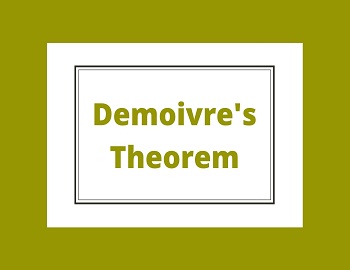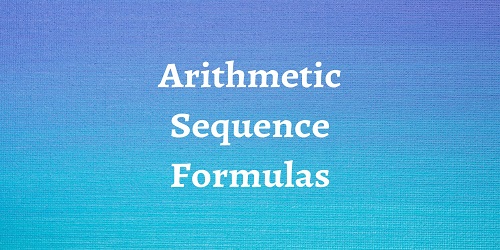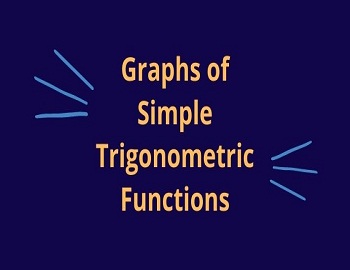Demoivre’s Theorem:
The theorem is helpful in finding out the n-th root of a complex number (where n is a rational number). The statement consists of two steps:
(I) If n is an integer or zero, then (cos θ + i sin θ)n = cos nθ + i sin nθ.
(II) If n is a non-integral rational number, then cos nθ + i sin nθ is one of the values of (cos θ + i sin θ)n.
Proof (I):
| Case 1:- If n =0, then (cos θ + i sin θ)n = (cos θ + i sin θ)0 = 1 = 1 + 0 . i = cos 0 + i sin 0 = cos (0, θ) + i sin (0, θ) |
| Case 2:- If n is a positive integer, then it is wise to proceed by the method of mathematical induction. The theorem is verified to be true for n = 1 as (cos θ + i sin θ)1 = cos θ + i sin θ = cos 1.θ + i sin 1.θ. Let us assume that the theorem is true for a positive integer n = m ≥ 1. Then, (cos θ + i sin θ)m = cos mθ + i sin mθ. Now, (cos θ + i sin θ)m + 1 = (cos θ + i sin θ)m (cos θ + i sin θ) = (cos mθ + i sin mθ) (cos θ + i sin θ) = (cos mθ cos θ – sin mθ sin θ) + i (sin mθ cos θ + cos mθ sin θ) = cos (mθ + θ) + i sin (mθ + θ) = cos (m + 1)θ + i sin (m + 1)θ Thus the theorem is true for n = m + 1. Hence, by induction, the theorem is true for all positive integers. |
| Case 3:- If n is a negative integer, let n = -m, where m ∈ N. Then, (cos θ + i sin θ)-m = 1/(cos θ + i sin θ)m = 1/(cos mθ + i sin mθ) = (cos mθ – i sin mθ)/[(cos mθ + i sin mθ) (cos mθ – i sin mθ)] = [cos (-mθ) + i sin (-mθ)]/(cos2 mθ + sin2 mθ) = cos (-mθ) + i sin (-mθ) = cos nθ + i sin nθ (∵ n = -m) Thus the theorem is true for any integer or zero. |
Proof (II): When n is a non-integral rational number, then let us take n = p/q, where p and q ∈ I and q > 0.
| Then, (cos pθ/q + i sin pθ/q)q = cos (pθ/q)q + i sin (pθ/q)q = cos pθ + i sin pθ ∴ cos pθ/q + i sin pθ/q is one of the values of (cos pθ + i sin pθ)1/q Thus, cos pθ/q + i sin pθ/q is one of the values of {(cos θ + i sinθ) p}1/q ⇒ cos pθ/q + i sin pθ/q is one of the values of (cos θ + i sinθ)p/q Thus, (cos nθ + i sin nθ) is one of the values of (cos θ + i sinθ)n, where n is a non-integral rational index. |
Remarks:
| 1:- (cos θ + i sin θ)-n = cos (-nθ) + i sin (-nθ) = cos nθ – i sin nθ. 2:- (sin θ + i cos θ)n = {i (cos θ – i sin θ)}n = in {cos (-θ) + i sin (-θ)}n = in {cos (-nθ) + i sin (-nθ)} = in (cos nθ – i sin nθ) 3:- 1/(cos θ + i sin θ) = (cos θ + i sin (θ)-1 = cos (-θ) + i sin (-θ) = cos θ – i sin θ 4:- (cos θ + i sin θ) (cos Φ + i sin Φ) = cos (θ + Φ) + i sin (θ + Φ) |









Comments (No)